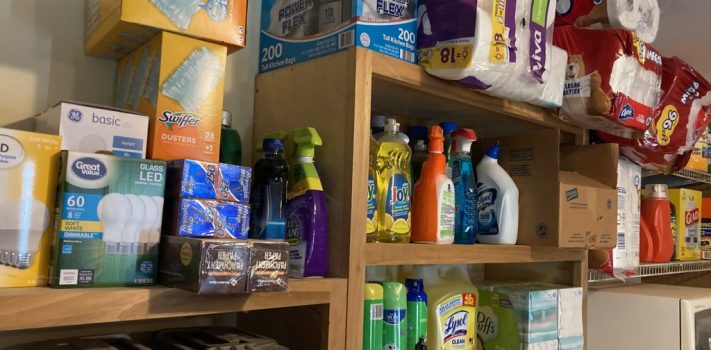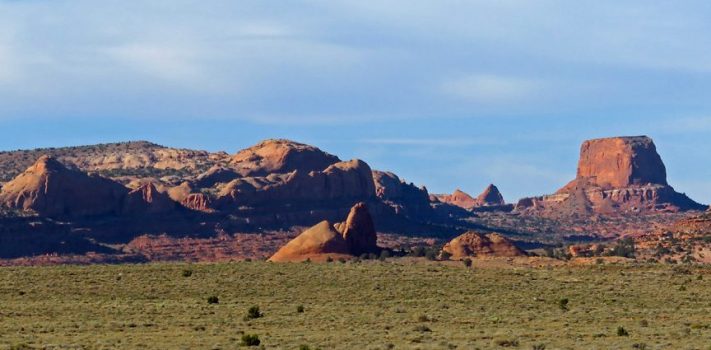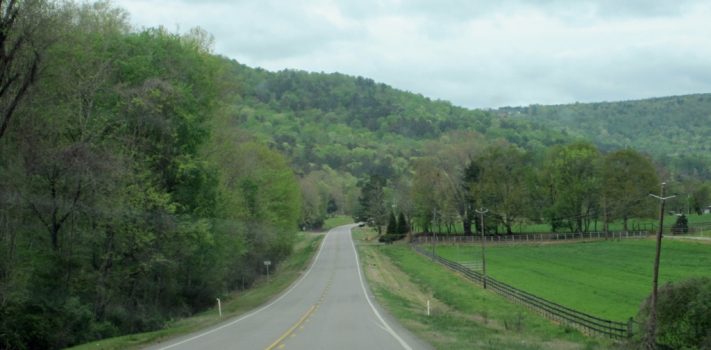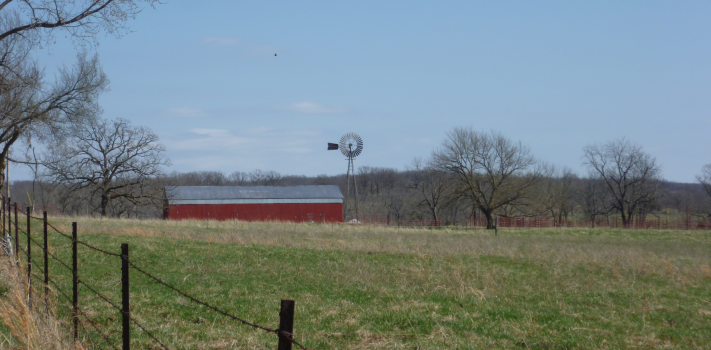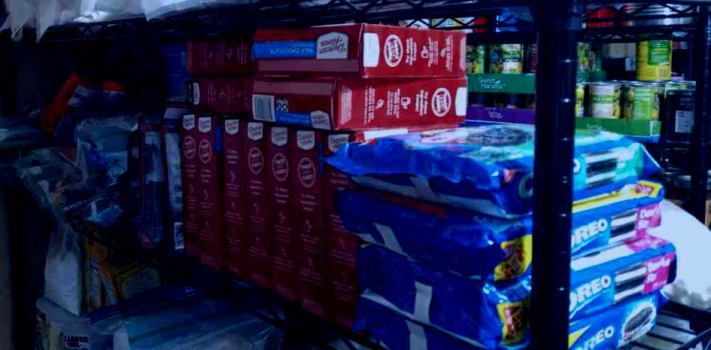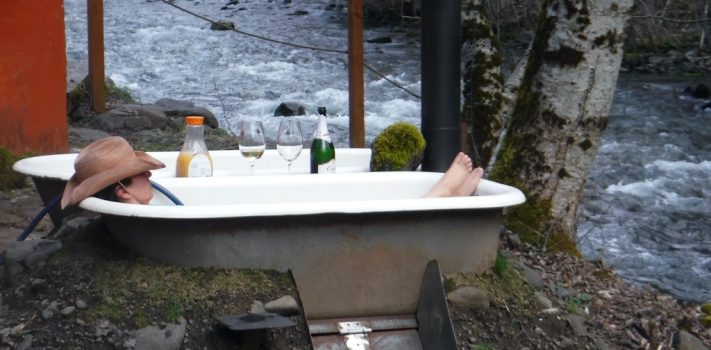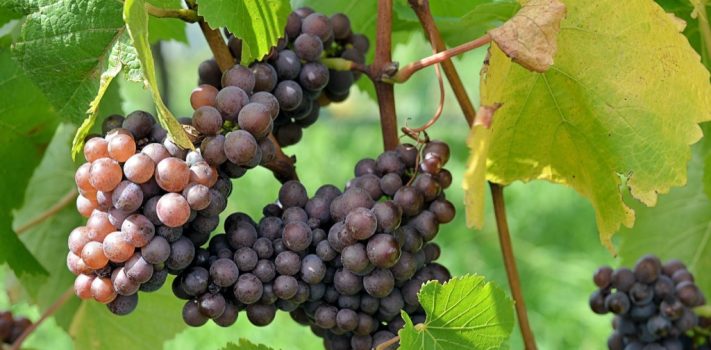Senior Citizen Fitness: Preparing Our Bodies for Hard Times, by P.D.M.
Introduction My wife and I have been into prepping for over twenty years. We lived in Mississippi when Hurricane Katrina hit in 2005 and we were without power for ten days. That was our impetus to prepare after struggling with the basics when everything we had taken for granted failed. The suffering was immense, and the lessons keen. We vowed to never be unprepared again when niceties of civilization ceased to provide comfort. We started reading the Survival blog and the excellent articles soon after recovering from our hurricane wakeup call. The Problem Fast forward twenty years, and now living …





